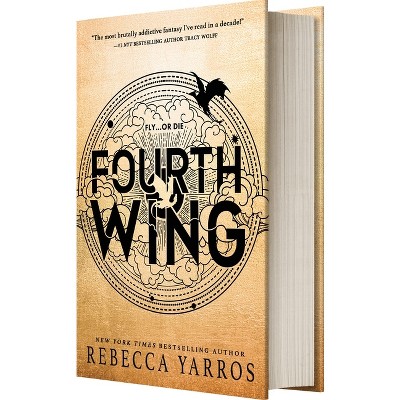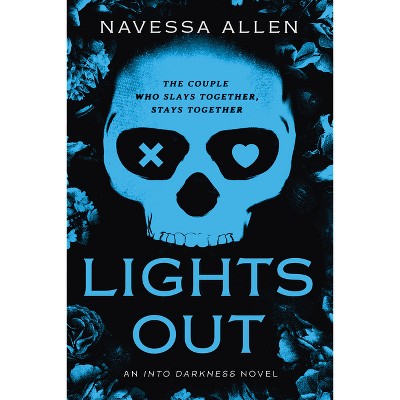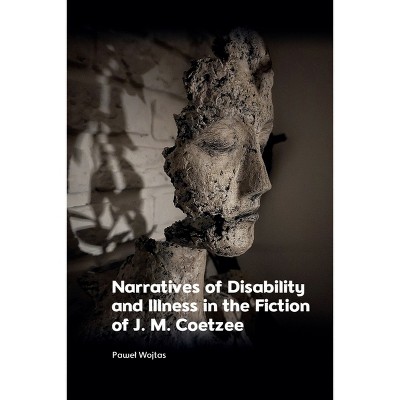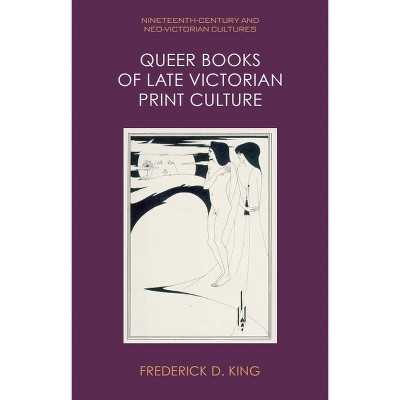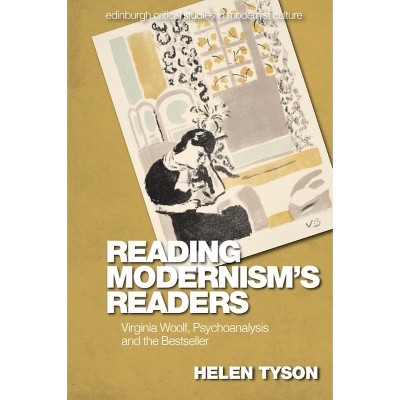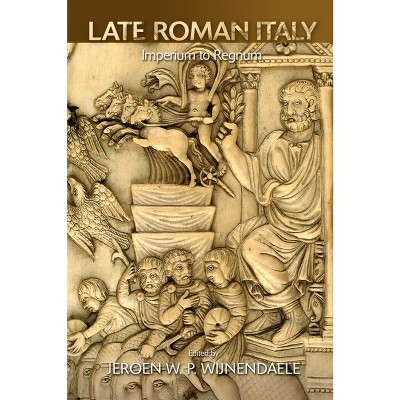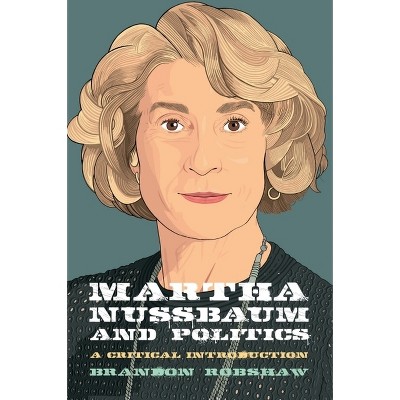J. M. Coetzee's Politics of Life and Late Modernism in the Contemporary Novel - by Marc Farrant

About this item
Highlights
- Surveying the full breadth of J. M. Coetzee's career as both academic and novelist, this book argues for the necessity of rethinking his profound indebtedness to literary modernism in terms of a politics of life.
- About the Author: Marc Farrant is a Lecturer in English Literature at the University of Amsterdam.
- 272 Pages
- Literary Criticism, Modern
Description
About the Book
Argues that J. M. Coetzee's works constitute a form of late modernism that situates life at the heart of questions concerning the politics and ethics of literatureBook Synopsis
Surveying the full breadth of J. M. Coetzee's career as both academic and novelist, this book argues for the necessity of rethinking his profound indebtedness to literary modernism in terms of a politics of life. Isolating a particular strain of late modernism, epitomised by Kafka and Beckett, Farrant claims that Coetzee's writings consistently demonstrate an agonistic engagement with the concept of life that involves an entanglement of politics and ethics, which supersedes the singular theoretical frameworks often applied to Coetzee, such as postcolonialism, posthumanism and animal studies. Running throughout his engagement with questions of modernity and colonialism, storytelling and life writing, human and non-human life, religion and post-Enlightenment subjectivity, Coetzee's politics of life yield a new literary cosmopolitanism for the twenty-first century; a powerful commentary on our interrelatedness that emphasises finitude and contingency as fundamental to the way we live together.From the Back Cover
[headline]Argues that J. M. Coetzee's works constitute a form of late modernism that situates life at the heart of questions concerning the politics and ethics of literature Surveying the full breadth of J. M. Coetzee's career as both academic and novelist, this book argues for the necessity of rethinking his profound indebtedness to literary modernism in terms of a politics of life. Isolating a particular strain of late modernism, epitomised by Kafka and Beckett, Farrant claims that Coetzee's writings consistently demonstrate an agonistic engagement with the concept of life that involves an entanglement of politics and ethics, which supersedes the singular theoretical frameworks often applied to Coetzee, such as postcolonialism, posthumanism and animal studies. Running throughout his engagement with questions of modernity and colonialism, storytelling and life writing, human and non-human life, religion and post-Enlightenment subjectivity, Coetzee's politics of life yield a new literary cosmopolitanism for the twenty-first century; a powerful commentary on our interrelatedness that emphasises finitude and contingency as fundamental to the way we live together. [bio]Marc Farrant is a Lecturer in the Department of English Language and Culture at the University of Amsterdam, the Netherlands. He is the co-editor, with Kai Easton and Hermann Wittenberg, of J. M. Coetzee and the Archive: Fiction, Theory, and Autobiography (2021).Review Quotes
The twofold hypothesis of the book, according to Farrant, is that Coetzee's "works foster an anti-essentialist approach to life ... and that this approach to life is inseparable from an anti-foundational approach to politics" (p. 7). In the five chapters that follow, Farrant analyzes a wide range of Coetzee's postcolonial fiction, fictionalized memoirs, animal studies, recent Jesus trilogy, and his essays. The great strength of Farrant's approach is that it brings astute analysis to these highly varied works and demonstrates their connectedness as a body of work.
Summing Up: Recommended.
About the Author
Marc Farrant is a Lecturer in English Literature at the University of Amsterdam.
Shipping details
Return details
Trending Fiction

